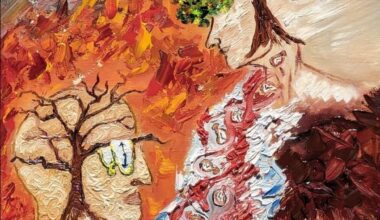The University of British Columbia has joined the Heart and Stroke Foundation and six leading academic research groups to build an international powerhouse in stroke recovery research, research leaders announced today at the Canadian Stroke Congress.
UBC’s investment of $1.5 million over three years in the Heart and Stroke Foundation Canadian Partnership for Stroke Recovery will accelerate the development of new therapies for people living with stroke disability.
“The University of British Columbia brings incredible clinical and basic biomedical strength in stroke recovery research,” says neuroscientist Dr. Dale Corbett, Scientific Director and CEO of the Partnership and a professor at the University of Ottawa. Researchers at UBC and the Djavad Mowafaghian Ccentre for Brain Health are leaders in regenerative medicine, brain imaging and neuro-rehabilitation.
Along with the Heart and Stroke Foundation, the Canadian Partnership for Stroke Recovery includes Baycrest, Toronto Rehab, University of Ottawa, Ottawa Hospital Research Institute, Sunnybrook Research Institute and Memorial University of Newfoundland. With UBC’s contribution, the partners are collectively investing $5 million a year in stroke recovery research.
“This is a great opportunity for the superb researchers at UBC to participate in this national effort and to help reduce the long-term disability from stroke,” says Dr. Brian MacVicar, co-Director of the Djavad Mowafaghian Centre for Brain Health at UBC and Canada Research Chair in Neuroscience.
A recent publication in the journal Stroke forecast an alarming 80-per-cent increase in the next two decades in Canadians disabled by stroke due to the aging population, population growth and increased lifestyle-related risk factors.
To reverse the trend and restore lives, the Partnership supports innovative and collaborative research to find new approaches to recovery – for example, technologies like robotics, novel drug treatments, cell therapies, brain stimulation and tele-rehabilitation. The Partnership is seeking additional funding to mobilize large-scale clinical trials to test new technologies and therapies.
According to recent research, the number of people living with long-term stroke disability in Canada is forecast to climb from 405,000 in 2013 to more than 725,000 in two decades.


